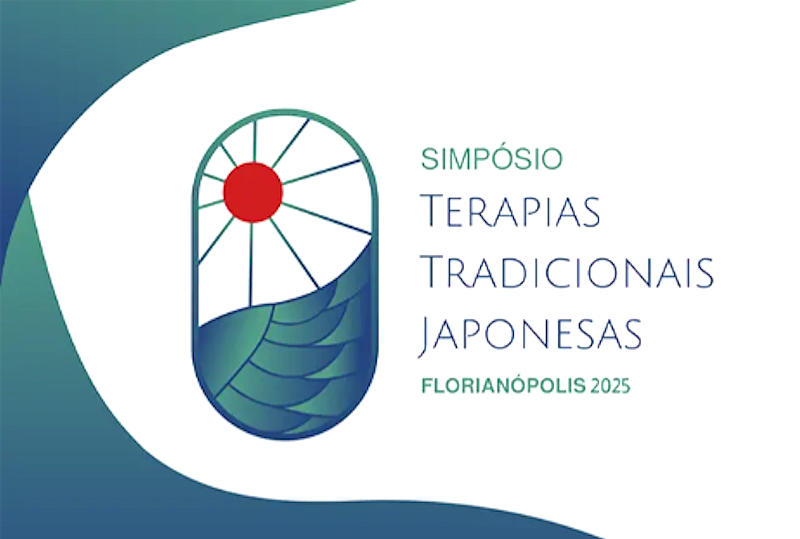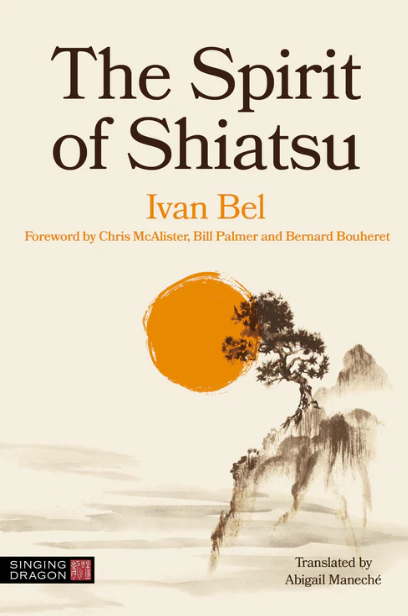Let’s be honest: this book is not a Shiatsu book. Instead, the author, Dr Cindy Engel, is an original combination of biology researcher and manual therapist (shiatsu, Thai massage, fasciatherapy and also Qigong teacher) in England. She published articles in scientific journals such as Animal Behaviour and Chemical signals vertebrates, before gaining recognition for her PhD (1984): Physiological correlates of behaviour in mammals was awarded. Her post-doctorate continued in this vein, but brought the study of animals closer to that of humans. She researched olfactory potentials in humans and spent time tracking wild jaguars in southern Mexico. This strange mix of genres has led her to take an interest in everything that crosses the two sciences from the point of view of biology, but also psychology, a field that is expanding rapidly[1] to provide a better understanding of humans and animals, their similarities and their differences.
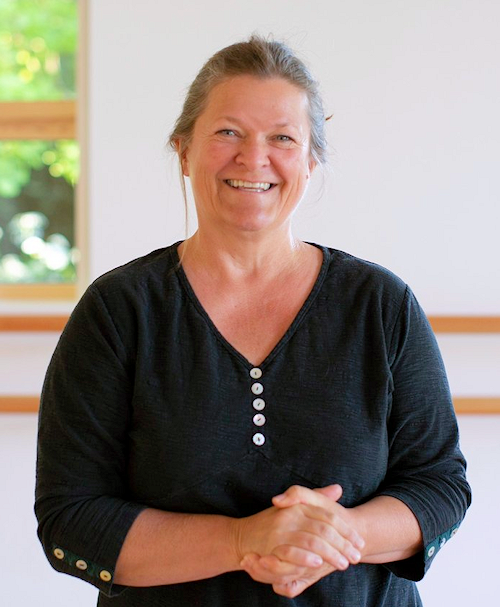
Then one day, while doing a Shiatsu treatment, she had an intuition that turned out to be right, something that all practitioners experience at least once in their career. Intrigued, she asked herself this question: how do I know that I know? Her search turned not towards intuitions and oriental approaches, but towards science. And that’s why this book is not a Shiatsu book. On the other hand, it is an intelligent support for all manual therapists, whatever their technique or profession. Based on no fewer than 278 scientific studies, she methodically explores the subject throughout the chapters of her book. To mention just a few of the subjects in this book that particularly interested me, here is a small but fascinating list:
- We do and experience what others do and show
- Mimetic imitation of facial expressions allows us to feel the emotions of others
- The body is equipped for all possible perceptions
- How do we come to think what others think?
- What personal control processes do we use to recognise what is going on in others?
- How do we know when we are in danger?
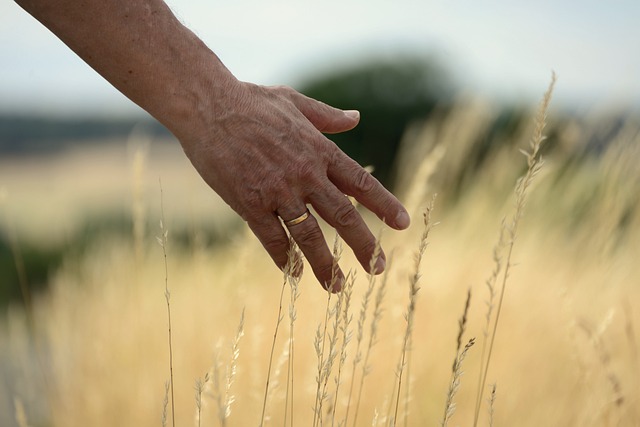
The chemistry of our biology is often at the heart of the studies she dissects for us, and this inner journey is a fantastic one to follow. But she also draws on the behavioural study of animals, of which humans are only one species, and on psychology. The result is a brilliant explanation that enables us to understand the impact of somatic empathy on us in our daily lives, without our knowing it. It also enables us to optimise empathy while avoiding the dangers of indirect harm, overwhelm and burnout. This explains, for example, why your dentist may make more mistakes if you are nervous as a patient than if you are relaxed. Or how does a professional tennis player work out where the service ball is going to fall before it is hit by his opponent? Or why military drone pilots can also suffer from war-related post-traumatic stress disorder, even more so than their colleagues who have been in the field.
Reactions from scientists and the general public have been unanimous: this book is excellent from every point of view. From the rigour of the scientific approach to the consequences and opportunities it opens up for manual therapists, it’s easy to see why her colleagues congratulate her, as well as the world of therapists and the military, particularly commandos, who have here a solid explanation of their survival instinct, which enables them to sense risks before they occur.
Personally, I hope that this book will be translated into many languages (at the moment it’s only in English), as it richly deserves an international success on a par with Julia Enders and her ‘Charme discret de l’intestin’, which came out a decade ago. Finally, I leave you with this quote from the author: “With sympathy, we feel for the person; with empathy, we feel with the person”. And what’s fantastic is that she scientifically proves this statement. A book not to be missed!
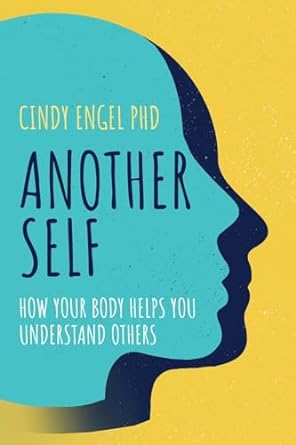
Book reference
- “Antoher self: how your body helps you understand others” , Dr Cindy Engel PhD, 2024, Independently Published Network. Available on all online platforms or from your favourite bookseller.
Notes
- [1] Particularly since the huge success of Frans de Waal’s research and his book “The age of empathy: Nature’slessons for a kinder society“; 2009, Crown Pub.
Author and translator
- FAQs - 12 August 2025
- A Milestone: The 2025 ESF Symposium in Brussels - 24 March 2025
- Terésa Hadland interview: Shiatsu at core - 25 November 2024
- Book review: “Another self” by Cindy Engel - 30 September 2024
- Austria – 24-26 Oct. 25: Master Class in Vienna – Shiatsu and martial arts - 20 August 2024
- Interview with Wilfried Rappenecker: a european vision for Shiatsu - 15 November 2023


